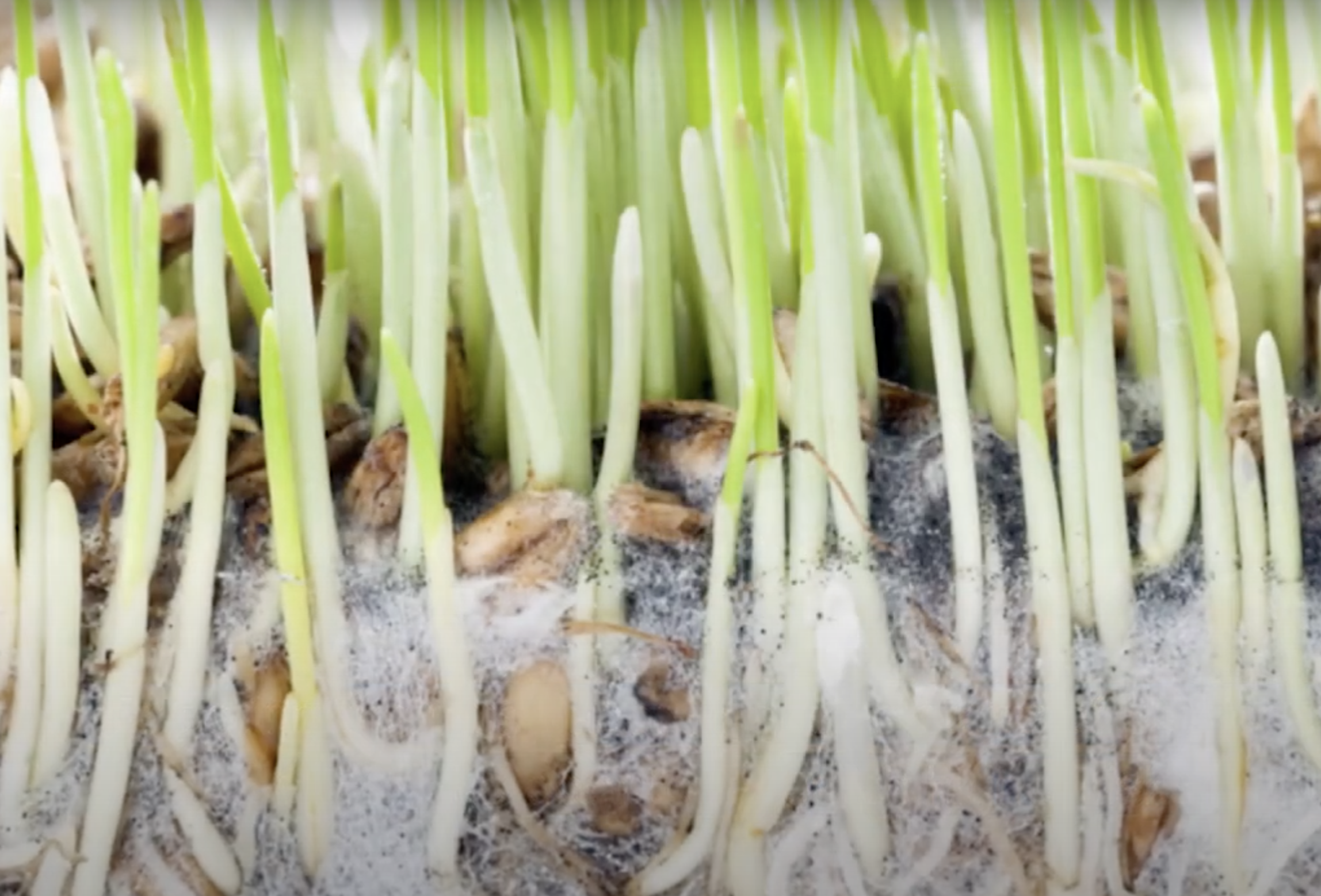Researchers have successfully automated aspects of a commonly-used process for studying microbial communities. High-throughput stable isotope probing (SIP) proved to vastly reduce labor and improve results. Applying this method to the study of a particular fungi, researchers identified novel interactions between bacteria and the fungi.
Stable isotope probing is a long and laborious process — as well as a key way scientists study microorganisms. Researchers at Lawrence Livermore National Laboratory and the Joint Genome Institute (JGI) have developed a semi-automated pipeline to apply robotics to the process.




